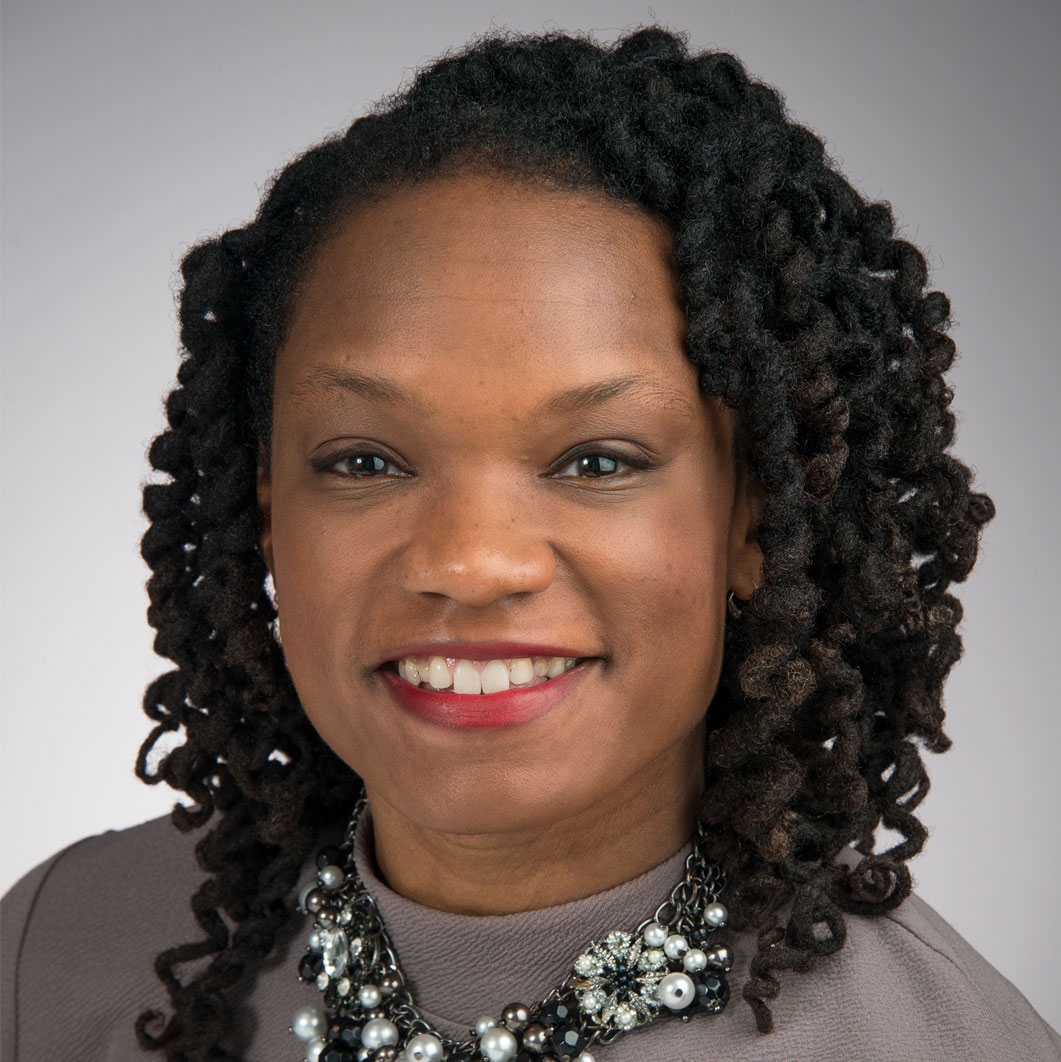Cardiac Research
Helping Kids With Heart Conditions Live Longer, and Better
Nemours cardiac research in Delaware Valley spans the range of cardiovascular health. We’re in the lab finding solutions to the most pressing issues affecting children’s hearts. We work to further our understanding of heart disease and how best to detect, treat and prevent it. What we learn strengthens the care we give.
Investigators in our Cardiovascular Research and Innovation Program partner within — and beyond — our walls.
We share research ideas and work with other academic centers and industry leaders to explore treatments, design devices and develop procedures to improve the health and quality of life for kids with heart disease. We also create programs to improve children’s physical, mental and social development and help build healthy communities.
Cardiac Clinical Research at Nemours

Our researchers lead clinical trials to study new drugs, treatments, devices and techniques. We also contribute to national registries and collaboratives. Some of these include the Pediatric Heart Network, which is funded through the National Institutes of Health (NIH), the Fetal Heart Society, Society of Pediatric Echocardiography, Cardiac Networks United and the Congenital Heart Surgeons’ Society.
These collaborations mean we’re working with researchers across North America to learn more about heart and vascular conditions and to help kids live longer, and better.
At any given time, Nemours is conducting dozens of cardiac clinical trials and registries.
Pediatric Cardiac Research Areas
Nemours actively moves pediatric research forward. Our areas of cardiovascular research include:
- Congenital Heart Surgery
- Cardiac Imaging
- Fetal & Perinatal Cardiology
- Developmental & Emotional Health
- Preventive Cardiology
- Effects of COVID-19 on Children’s Hearts
- Cardiovascular Genetics
- Social Determinants of Cardiovascular Disease
- Quality Improvement
Our research is integrated. We regularly work across our system with the following centers, labs and programs:
- Center for Cardiovascular Research & Innovation
- Center for Healthcare Delivery Science
- Cardiac & Interventional Diagnostic Lab
- Tissue Engineering & Regenerative Medicine (TERM) Lab
- Biomedical Analysis Core
- Biobank & Biospecimen Processing Core
- Molecular Cardiology Lab
Our Research Leadership

Carissa M. Baker Smith MD, MPH, MS
Director of Research
Director of Pediatric Preventive Cardiology Program
Senior Research Scientist
Associate Professor of Pediatrics, Sidney Kimmel Medical College

Carol J. Prospero, CCRC
Research Program Manager
Research Team
-
Claude Anthony Beaty Jr., MD
Cardiothoracic Surgeon Site Director, Temple Thoracic Residency Program, Clinical Assistant Professor of Surgery at Sidney Kimmel Medical College, Thomas Jefferson UniversityPrimary Office
Wilmington, DE -
Mark Joseph Cartoski, MD
Cardiologist Assistant Professor at Sidney Kimmel Medical College, Thomas Jefferson UniversityPrimary Office
Wilmington, DE -
Sean Daniel Connolly, DO
Cardiology Associate Program Director, Pediatric Cardiology FellowshipPrimary Office
Wilmington, DE -
Erica Del Grippo Del Grippo, DO
Cardiologist Assistant Professor of PediatricsPrimary Office
Wilmington, DE -
Christopher D. Derby, MD
Cardiothoracic Surgery Surgical Director Cardiac Intensive Care Unit and Mechanical Circulatory SupportPrimary Office
Wilmington, DE -
Colin Blair Meyer-Macaulay, MD
Cardiac Critical Care -
Bradley W. Robinson, MD
Cardiologist Associate Professor of Pediatrics at Sidney Kimmel Medical College, Thomas Jefferson UniversityPrimary Office
Wilmington, DE -
Aryaz Sheybani, MD
Cardiology Medical Director, Heart Transplant ProgramPrimary Office
Wilmington, DE -
Erica Dolores Sood, PhD
Psychology Director, Cardiac Learning and Development (LEAD) Associate Professor of Pediatric Psychology, Thomas Jefferson UniversityPrimary Office
Wilmington, DE -
Deepika Thacker, MD
Cardiologist Associate Professor at Thomas Jefferson UniversityPrimary Office
Wilmington, DE -
Takeshi Tsuda, MD
Physician Professor of Pediatrics at Sidney Kimmel Medical College, Thomas Jefferson UniversityPrimary Office
Wilmington, DE -
Abbas Haider Zaidi, MD
Cardiologist Clinical Assistant Professor of Pediatrics at Sidney Kimmel Medical College, Thomas Jefferson UniversityPrimary Office
Wilmington, DE



